Isra's information base: Hojjat al-Islam and al-Muslimin Moghadasi, a member of the scientific faculty of the Ma'araj Research Institute of Revelation, in the form of a note to the question, "Is it possible to protest and criticize the infallible (PBUH) as well?" The answer is said. In this note, he explained some parts of Grand Ayatollah Javadi Amoli's words regarding this issue, and while giving rational and narrative reasons, he proves at the end that there is no way to protest and criticize the speech and behavior of the innocent.
A note about protesting and criticizing Masoom (a.s.)
question:
Criticism, which means examining a person's speech and behavior and measuring it with a standard that separates the pure from the gross, is a common thing in life. In this regard, the question is raised, can the speech and behavior of the innocent like the Prophet (PBUH) or the Imam be criticized and can they be objected to?
Response:
This question can have different answers. It seems that the shortest and most eloquent of them is the answer obtained from the analysis of the sayings of Hakim Farzaneh Allameh Javadi Ameli (Dam Azza) and it is as follows:
One of the important ways of obtaining a work permit is to issue it from an innocent person, and a non-innocent person can only ask questions from the Prophet (PBUH) or the Imam (AS) to understand the matter. As the Qur'an says: They ask you about the soul. ﴿Yes, you ask about the family﴾; They ask you about the months. ﴿and you will be asked about menstruation﴾; They ask you about women's menstruation, and these questions are for understanding the content and getting the correct answer; But the reprimanding question and objection that the verse: ﴿ فَلَنَسَْلَنَّ الَّذِينَ عُسْلَ إلَىهمْ وَ لَنَسْاَلَنَّ الْمُرْسلینَ﴾ does not apply to the innocents (pbuh). because of two reasons:
1. The rational reason that is expressed in two short and detailed ways:
The short story is, basically, the permissibility or prohibition of something is obtained from the speech and behavior of the innocents (pbuh); Because despite the infallibility and truth of the sentence "Al-Haq Yadur Ma-ul-Nabi, Hetma Dar-ul-Nabi (PBUH)" about him, it turns out that this is right and permissible from the point of view of jurisprudence, and the hands of others are empty of the law of truth.
The detailed statement is that there are two groups of humans: 1. Innocent; 2. Innocent. For innocent people - who are perfect human beings - there is no jurisprudence or written law that can be used as a measurement standard and their actions can be measured by it; Because the "word, verb and interpretation (signature)" itself is an infallible proof and standard of measurement. But the non-innocent - who do not have divine authority, such as the nations and the scholars - should measure their actions and behavior with jurisprudence and established laws. This point means that the behavior and speech of the innocent (PBUH) is right and is not dependent on another law so that non-innocent people have the right to question and criticize them.
More explanation:
The further explanation of this sentence is that, just as the Qur'an is the book of Divine Consonance and the source of religion, the infallibles (as) who are its interpreters, are never separated from each other and the Qur'an. He has given them through an intermediary or through an intermediary; Therefore, his word, deed and signature are the interpretation of the Qur'an and as Sunnah, the source of religion; Therefore, those nobles themselves are the guardians of the truth, and for this reason, the Messenger of God (PBUH) said about the Commander of the Faithful (PBUH): "Ali Ma'a al-Haqq' wa Al-Haqqo Ma'a Ali Yaduru Haythoma Dar" which is also true about the Messenger of God (Pbuh) and the Qur'an. Is. So the codified law; Except for the Qur'an and the infallibles (pbuh) who are its interpreters, there is nothing among them to be measured by it; Because those nobles themselves are the sourcس
e of religion, "the path of peoples" and the source of knowing the truth. So, if it is established that there is a knowledge about the behavior and speech of innocents and it is known that something is permissible or not permissible for them, then it is necessary to pay attention to those nobles themselves from the chapter "Ya man dalla al-ali zateh e bizateh".
Of course, if the infallibles (a.s.) first said something about a subject, then said something else or apparently acted in a different way, those words and deeds should be weighed in the internal sphere and should not be intended to compare them with the law or speech that is the standard of others; Because God Almighty has not placed any authority other than those nobles themselves.
That is, whenever a valid rational reason is established on a problem; But the appearance of the narrative evidence was against it, the appearance of the narrative evidence should be corrected with related evidences; Because the divine essence - which is the creator of reason - and the religious leaders (pbuh) - who are the first reason and the head of reason - never speak against a reason. So, this primary conflict is caused by taqiyyah, the narrator's mistake and forgetfulness, the omission of verbal analogy or situational analogy, and the like.
For example: Hazrat Amir al-Mu'minan (a.s.) after stating the mutual rights of the subject and the governor and facing the praise of one of his companions, said some sentences in response to that companion: If I do not make a mistake and this is not safe from action, except that Allah is sufficient for my soul, what is your property for me?
It can be said: The meaning of that Prophet is: first, humility and seeing oneself as small before God; not to compare himself with others and consider his behavior to be flawed and criticizable like them and to deny his own infallibility; As the sentence "Nahno Ahlu Bayt La Yaqaso Bena Ghairona" also tells about this point. Secondly: The meaning is this, if there was no divine grace and the Holy Prophet (PBUH) was not sent, we would all become idolaters. The confirmation of this statement is the phrase "selfishly" in the same sermon of Amir al-Mu'minan (a.s.). With this stipulation, the Holy Prophet deprived himself of independence and said: If there is no divine guidance and protection, I am also an ordinary human being like you and therefore I am in danger. I have a normal life like others. Therefore, with the adverb "selfish" it refers to the personal aspect and the property dimension of oneself, and with the adverb "Illa an Yakfi Allah Man Nafsi..." it refers to the personal aspect and the property dimension and infallibility. With that stipulation, he denied independence from himself and with this stipulation, he made a mistake to prove his relationship with the Almighty God and negate it.
Similar to this statement, it is also mentioned in the Qur'an: 1. God the Most High said to the Noble Messenger (PBUH): The meaning of this verse is misguidance based on the assumption that there is no divine guidance, not misguidance in the context of general legislation and guidance; That is, God Almighty did not want to say to that Prophet that you were misguided or disbelieved and God guided you; Rather, he wanted to say that if it were not for divine guidance and guidance (both inside and outside), you would have been astray like others. 2. The Holy Prophet (PBUH) has used a subtle social and social point to guide the disbelievers and said: One of us and you is on the path of guidance and the other is on the path of misguidance: "Inna or Iakam for guidance or for misguidance." Even though the Prophet himself was undoubtedly on the path of guidance. Speaking in this way is a sign of the speaker's complete politeness and humility and his respect for the audience.
2. Narrative evidence, the Qur'an said about the Prophet (PBUH): He works only by God's command, and he does not do anything unless God's command is there. The same theme is also mentioned about the infallible imams (a.s.) with the sentence "Laisbeqooneh bilqawl-e wahum biamreh yamaloon" Not only do they not work with anything other than God; Rather, they do not act arbitrarily in expressing God's commands and decrees, and they do not act by their own will either; Because all their desires are mortal in God's will and divine providence. They are honorable servants who do not surpass God's Holy Essence in anything and do not work except by His command and will."
In the pilgrimage of Al Yassin, greetings are given to all the states of Hazrat Hojjat, such as sitting, standing, etc. because innocent; All his rise and fall is by the permission of the right; This means that the Prophet (PBUH) does not act in other behaviors without the right permission and receiving revelation guidance, just as it is in the course of revelation.
Result
The result is that: the non-innocent has no standard other than the Qur'an and the innocents themselves to measure the behavior of the innocents and protest and criticize them. But regarding the Qur'an and the speech and behavior of the innocents (pbuh), the innocents (pbuh) themselves know more than others, so there is no way to protest and criticize the speech and behavior of the innocents (pbuh).

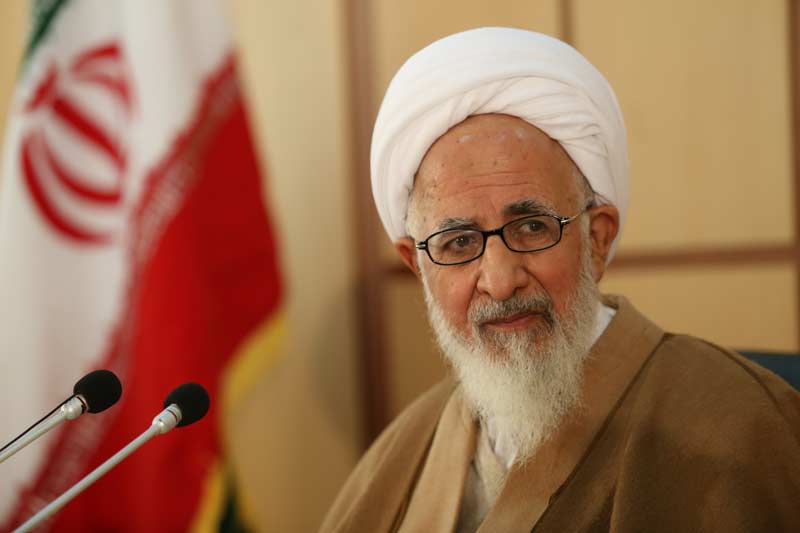


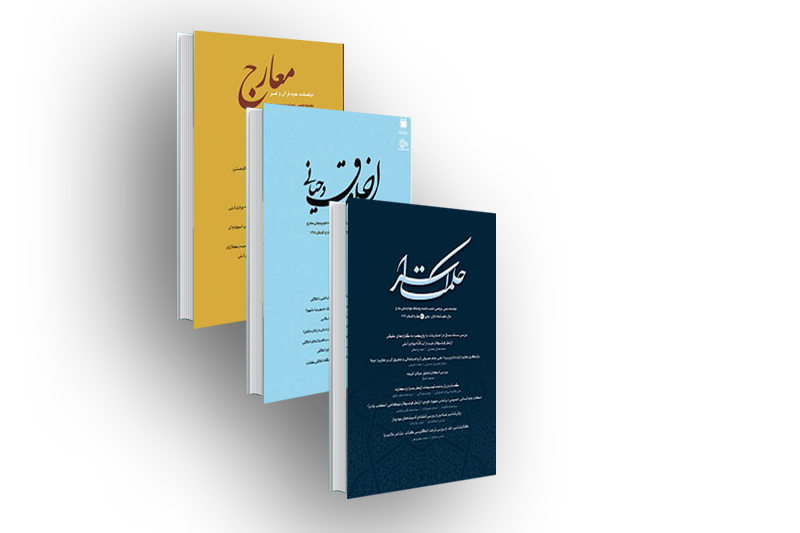


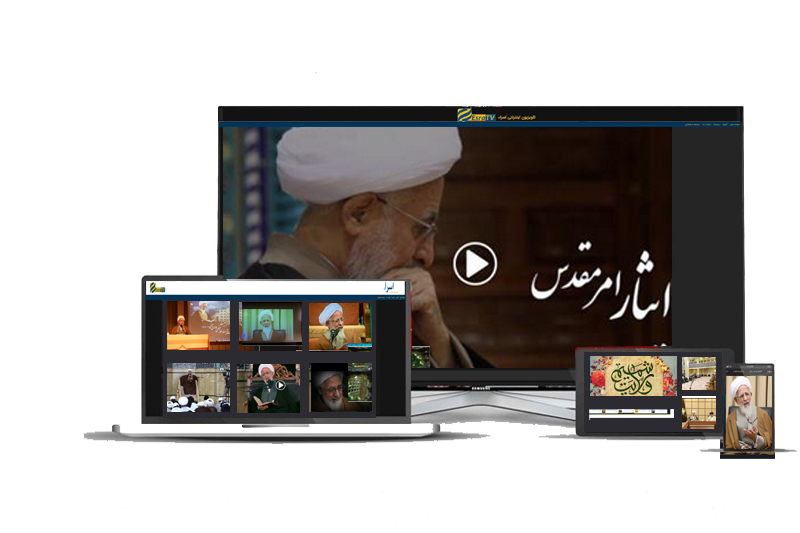
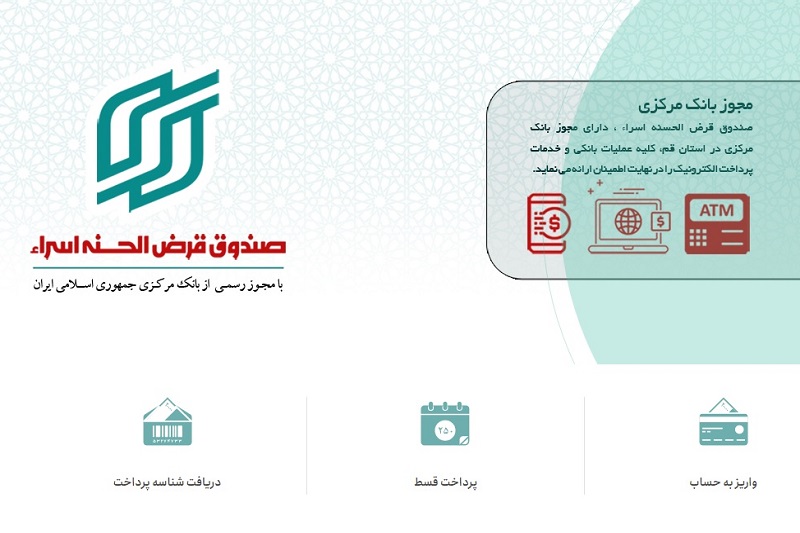
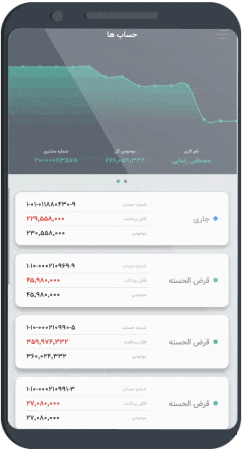
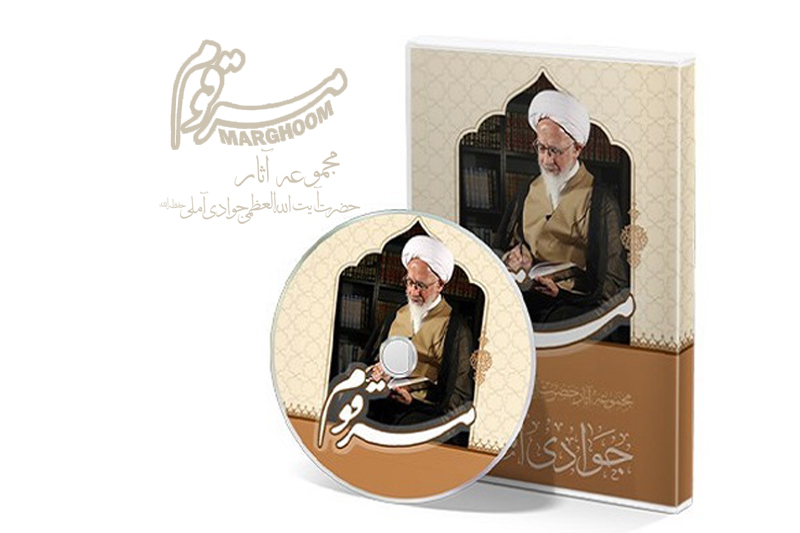
 Esra Publishing Center, the exclusive publisher of Ayatollah Javadi Amoli's works, started working in 1993; Among the missions and duties of the center are the production of written works with the desired and standard quality, fast and timely supply at the right price and supporting the products, providing easy, fast and low-cost access to the products for the domestic and foreign audiences, attending domestic and foreign international exhibitions, ….
Esra Publishing Center, the exclusive publisher of Ayatollah Javadi Amoli's works, started working in 1993; Among the missions and duties of the center are the production of written works with the desired and standard quality, fast and timely supply at the right price and supporting the products, providing easy, fast and low-cost access to the products for the domestic and foreign audiences, attending domestic and foreign international exhibitions, ….

